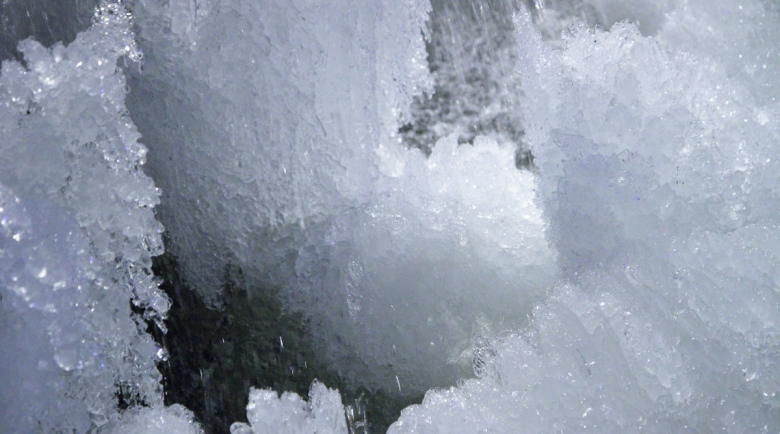
Enceladus is the tiny moon of Saturn that seems to have it all. There, chemically charged warm water seeps out of the rocky core onto the ocean floor, potentially providing nourishment for microbial life. It presents the first proof that Enceladus’s ocean contains phosphorus, an element that is essential to life.
The Cassini spacecraft, operated in orbit about Saturn 2004-17 by NASA and the European Space Agency, found plumes of ice particles venting from cracks.
Particles analyzed during these brief passages through the plumes demonstrated that the ice is contaminated by traces of simple organic molecules as well as molecular hydrogen and tiny particles of silica.
It means Enceladus has all the ingredients for microbial life to sustain itself. If it happened on Earth it could have happened inside Enceladus too.
All life on Earth requires six essential elements: carbon, hydrogen, nitrogen, oxygen, phosphorus, and sulphur-known collectively by the scarcely pronounceable acronym CHNOPS. Five of these six essential elements were detected in Enceladus plume samples several years ago, but phosphorus had never been found.
Of course, we don’t know for sure that life inside Enceladus is obliged to use nucleic acids or ATP. However, because the presence of phosphorus is essential for life as we know it, it makes Enceladus a more likely prospect now that we are certain that there is enough phosphorus available there.
The team found Enceladus’s phosphorus by avoiding the cluttered data collected during the Cassini’s frantically quick zooms through the plumes.
About 30 percent of the ice particles emitted in Enceladus’ plumes end up there, as demonstrated by a recent image from the James Webb Space Telescope, which is the only proof we have that the plumes were still active five years after the end of the Cassini mission.
Sorting through analyses of nearly a thousand ice particles, which are believed to represent frozen spray from Enceladus, the researchers found nine of them that contained phosphates.
This may sound like a slim haul, but it is enough to demonstrate that Enceladus has more than enough dissolved phosphorus in its ocean to permit the functioning of life there.
Follow-up laboratory experiments suggest that the concentration of dissolved phosphorus in Enceladus’s ocean water may even be hundreds of times greater than in Earth’s oceans.
This moon has been widely touted as potentially able to support a more flourishing biosphere than Enceladus because of its larger size and greater store of chemical energy in its rocky interior.
The team behind the new study are reticent on this, but their modeling suggests a phosphate concentration in Europa’s internal ocean about a thousand times less than at Enceladus.
